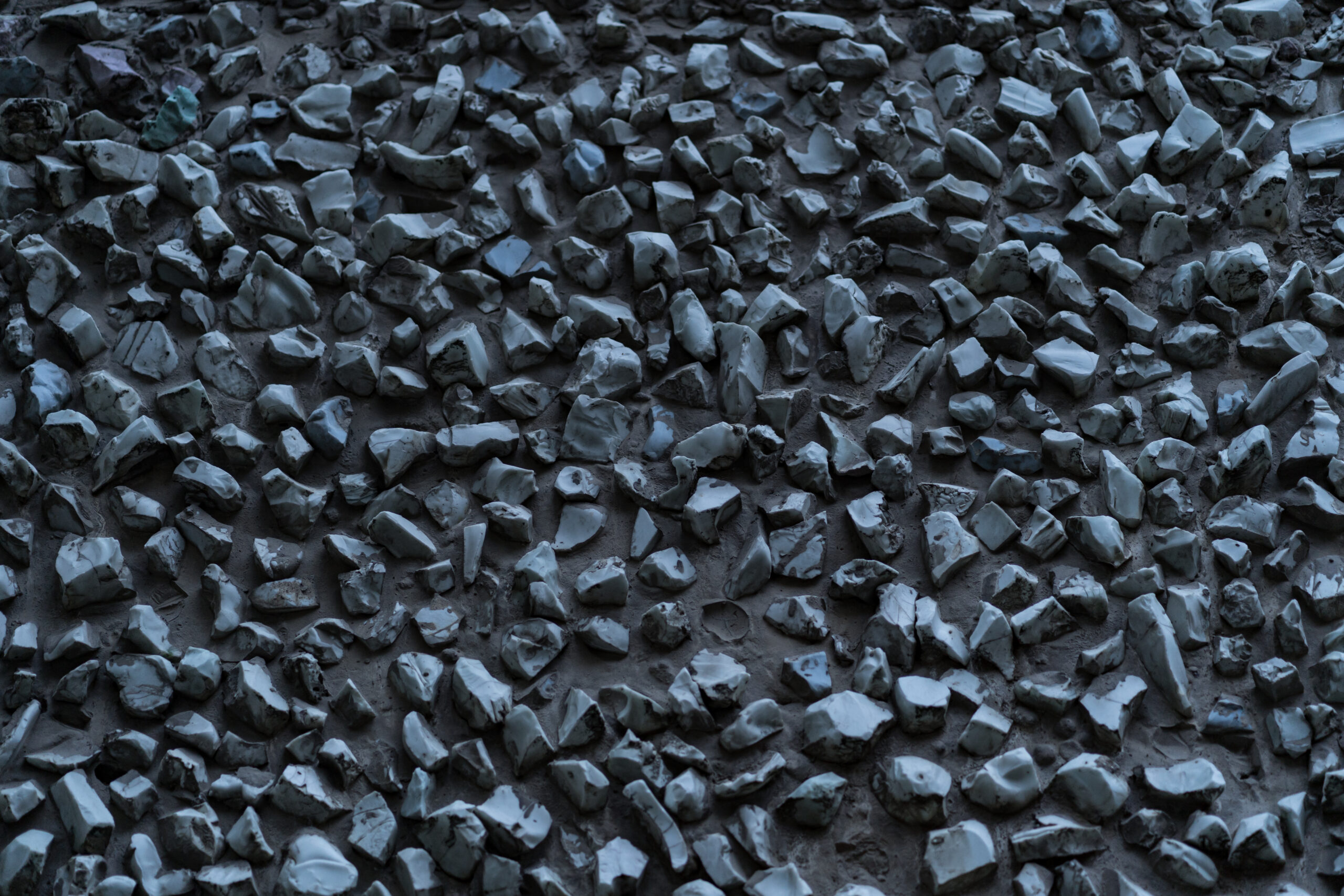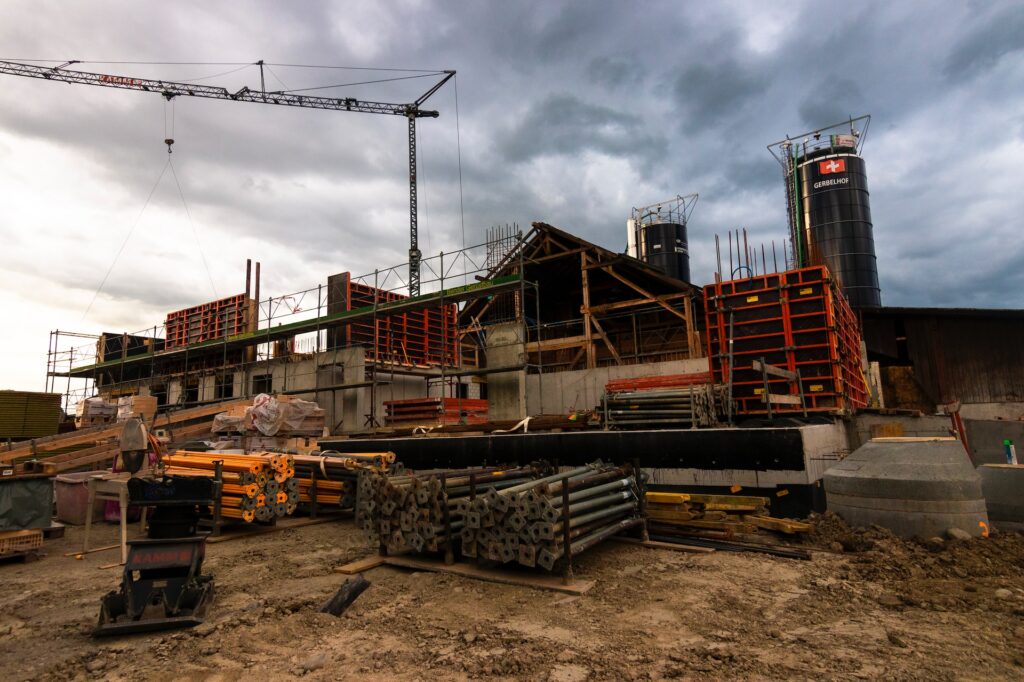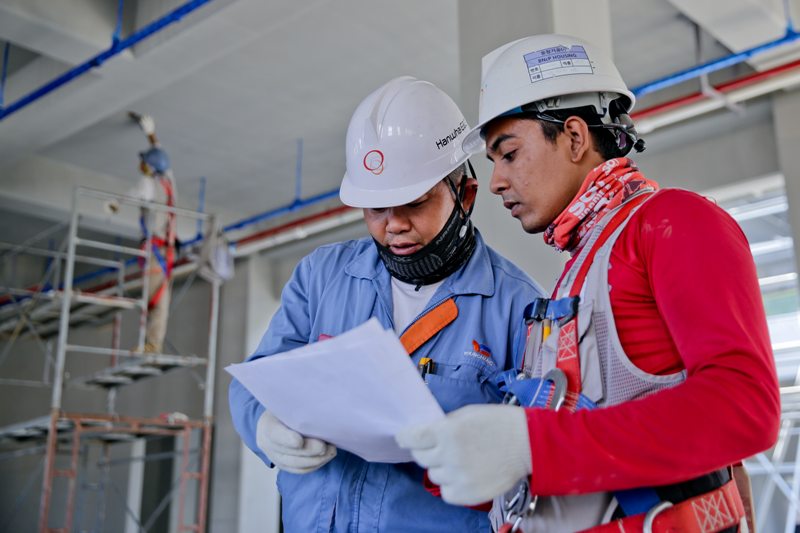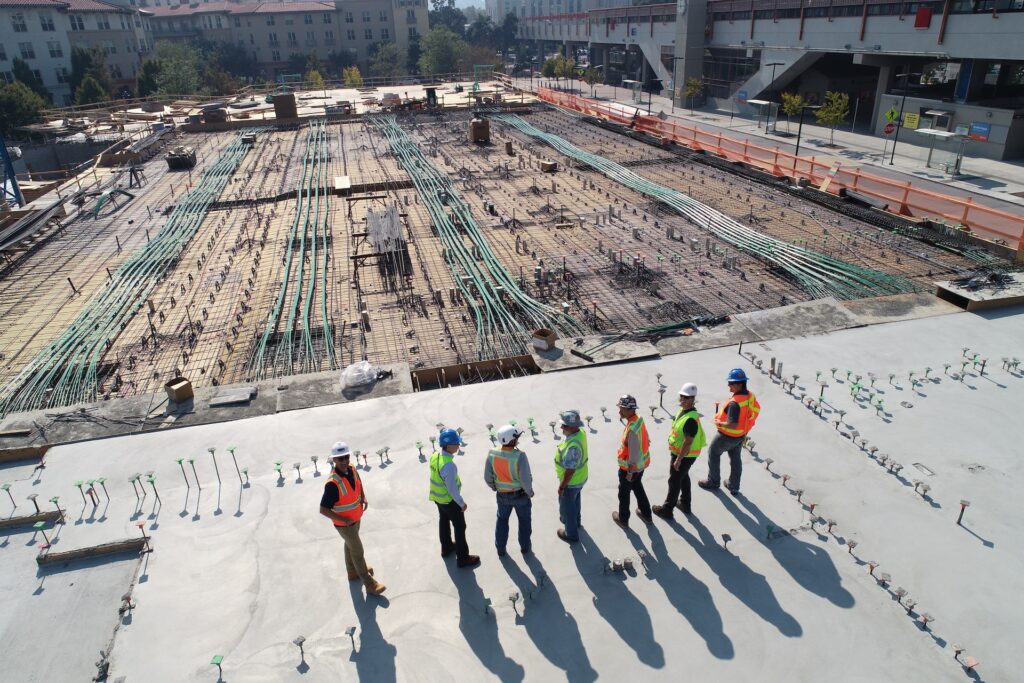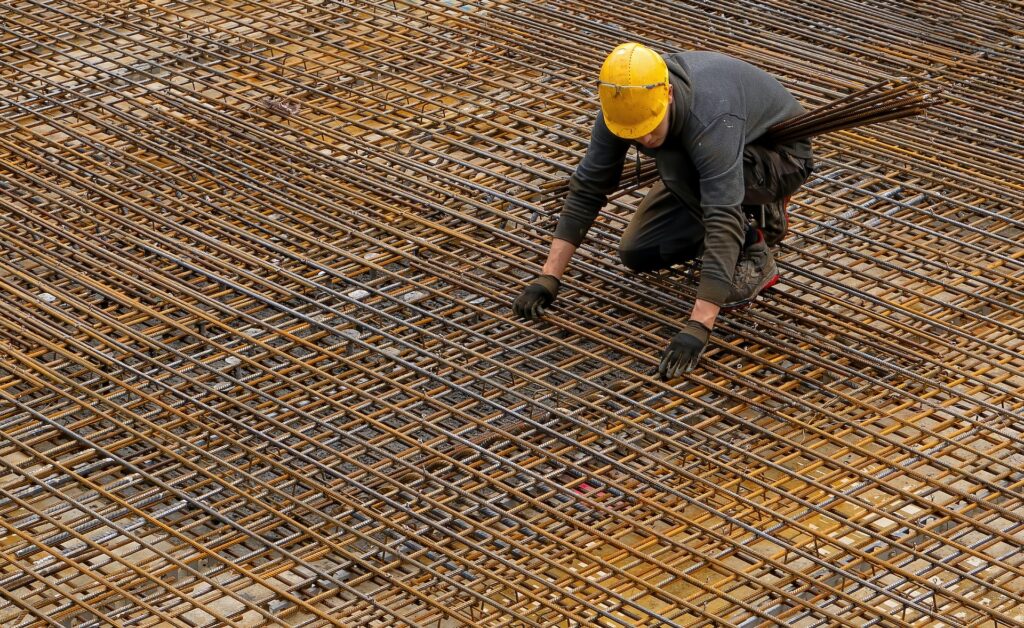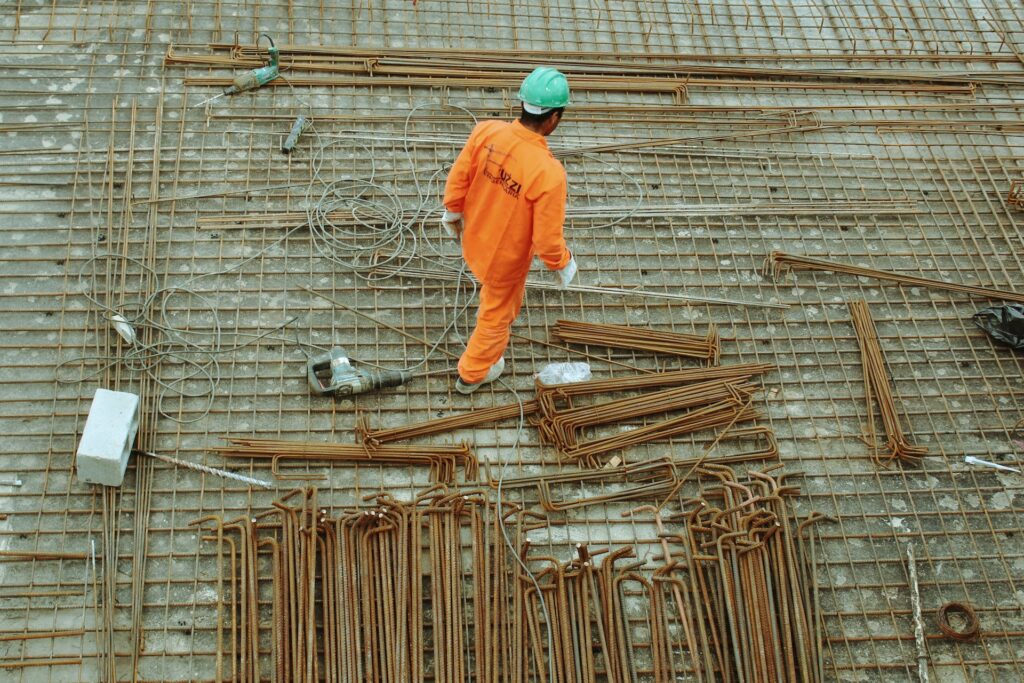Steel pipes and tubes have revolutionized the construction industry as their technical properties help produce strong building materials. The Tubes & Pipes suppliers in India substantially contribute equipment made with potent alloys to strengthen the construction industry.
Moreover, architects recommend using steel for construction over aluminum or non-metallic alternatives. Let us find out why you should rely on quality steel pipes and tubes to execute construction projects successfully.
What is the difference between steel pipes vs. steel tubes?
Some people think that steel pipes and tubes are the same, but they have a set of apparent differences in the industrial and architectural sectors. A steel pipe used in construction is always round, while a tube can be of any shape-round, square, rectangular, or even oval. But steel tubes are square, most of the time. But besides shapes, how do these two differ? In this article, we discuss all about pipes and tubes.
We tackle the different dimensions, importance, applications, and tolerance level of steel pipes vs. steel tubes to understand better how these two are used in the industrial, transportation, architecture, construction, and other applications.
Uses of Steel Pipes and Tubes
Steel pipes and tubes for construction have some standard services, including:
1. Steel pipes assist pipeline construction in transporting chemical components that require optimum support and prevent spillage
2. Perfect for supporting lattice or tabular masts of overland and overhead transmission lines like trams, lighting, trains, etc.
3. Helps manufacture construction tools like work tables, shelves, ladders, etc.
4. Steel is ideal for temporary structures like sheds, podiums, spectator stands, etc.
5. Steel supports railings for balconies and staircases
6. Roof construction is more straightforward for halls and stadiums
7. Steel helps create scaffoldings
8. It strengthens the foundation by stabilizing unstable regions to support heavy-load construction.
Features of Steel Pipes and Tubes
As a primary iron alloy, the requirement of steel pipes and tubes is innate for construction. The Tubes & Pipes suppliers in India take care of all these things. The following features will explain the advantages of using this material for building solid foundations:
Durable steel pipes and tubes for construction are primarily used for structural and transportation purposes.
These materials are installed underground to create a strong base for stability for structural usage. Further, steel pipes are perfect for transporting materials like gas, oil, water, sewage, and other chemicals.
This is because steel pipes are durable and robust, and the potential to withstand high pressure, shock, or vibration is massive.
Corrosion is the biggest threat to construction. However, unlike other materials, steel pipes and tubes eliminate the requirement for regular replacements as the material is corrosion-resistant.
1. Malleable
Steel pipes and tubes are flexible and cater to several construction requirements as it is malleable. Thus, the material makes construction planning easier and reduces rigidity as it can be formed in different shapes and sizes.
Due to tensile strength, steel assists in building and supporting all types of structures. Moreover, it helps architects play with their creativity to introduce unique designs.
2. Recyclable
With increasing environmental issues, every MS pipe manufacturer must focus on producing effective yet recyclable material. Every industry must focus on reducing waste, and steel pipes are advantageous for recyclability.
Steel is the most recyclable alloy, with an 86% recycling rate, which beats other materials combined. Moreover, melting down an old steel pipe is quick and easy, and the properties do not degrade. Further, it assists in rebuilding more substantial materials.
3. Cost-effective
Steel pipes and tubes can help cut down construction costs as they offer value for money. Steel is much cheaper compared to other building materials. The price has been considerably low, mainly because manufacturers can recycle and build new equipment.
Furthermore, the need to replace steel tubes and pipes reduces significantly due to enhanced durability. This, in turn, reduces the cost in the long run.
Final Thoughts
Although steel pipes for construction have endless benefits and features, you need the best suppliers to fulfill your quality needs. And searching for long hours without any fruitful results can be tiresome. Hence, we introduce you to a trustworthy steel pipe supplying company- Zhuzoor. Besides the unbeatable quality and top-notch durability, we offer multiple size variations to our clients.
Quality is paramount to ensuring our building materials leave a lasting impression. Moreover, with a highly equipped in-house testing facility, every material supplied passes the quality check, adhesion, and uniformity before reaching consumers. Lastly, our support team offers complete assistance to ensure every consumer is satisfied with our product and service.
READ POST



